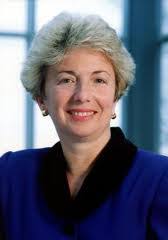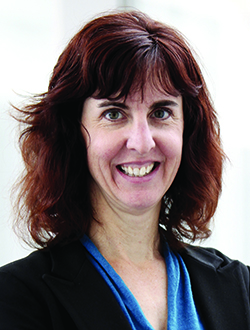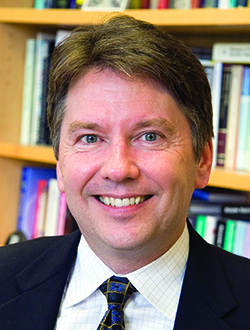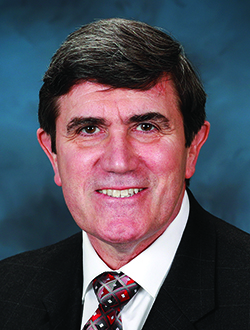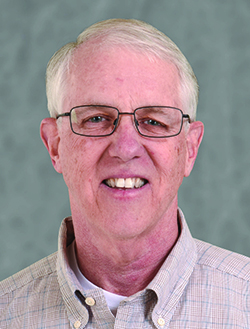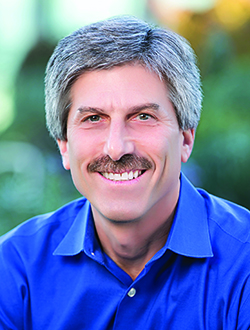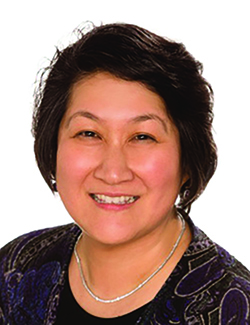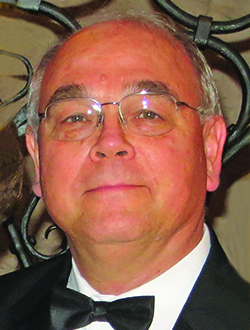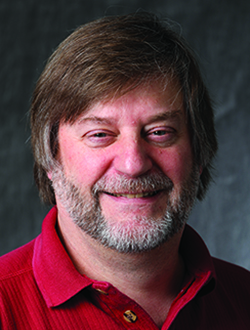Deborah L. Grubbe
Now self-employed, Deborah Grubbe worked in executive, operations, engineering and safety roles with DuPont and BP. She was a member of the NASA Aerospace Safety Advisory Panel, and consulted in safety culture with the Columbia Shuttle Accident Investigation Board. Deb currently serves on the Engineering Advisory Council at Rowan Univ., and on the Chemical Engineering Advisory Board at Drexel Univ. She served as the Chair of the Visiting Committee of the National Institute of Standards and Technology in 2007. Deb obtained a BS in chemical engineering from Purdue Univ. and attended the Univ. of Cambridge, U.K., as a Winston Churchill Fellow. She is a registered Professional Engineer in Delaware, a Chartered Engineer in the U.K., and a Fellow of both AIChE and the Institution of Chemical Engineers (IChemE). Deb has worked with AIChE in the following positions: Board of Directors (2005–2007); Chair, 2008 Blue Ribbon Awards Committee; Director, Virtual Local Section; Chair, Institute for Sustainability; Chair, Center for Ethical Practice; Vice Chair, Public Affairs and Information Committee; Chair, Licensing and Professional Development Committee; and member of the Foundation Board, the Career and Education Operating Council (CEOC), and the Center for Chemical Process Safety (CCPS) Advisory Board.
Statement:
AIChE is a strong institution, and chemical engineering continues to be a critical part of the global economy. AIChE has a solid financial footing and will continue to position itself as the leading “convener” for discovery and innovation. We can strengthen and further position our Institute to bring together potential partners in academia, government, industry, and other science and engineering organizations to accelerate needed solutions. If I become President-Elect, my three goals will be: 1) to build on our strengths and to improve the visibility and impact of AIChE as the “go-to” global organization for chemical engineering, 2) to strengthen and grow our focused technical groups through unique and novel partnerships, and 3) to use technology to support and enhance recognition, awards, and engagement for all members.
AIChE has outstanding technical and organizational leaders, and we can always do more to recognize volunteer efforts and to say “thank you.” We currently have many interactions with industry and with academia, and we also have a strong AIChE Foundation to fund new programs and first-time activities. My forty-plus years as an AIChE member, along with my volunteer experience, strengthen my commitment to work with you, our board, and our staff to implement the AIChE strategic plan over the next three years.
I am interested in your ideas and concerns and would like to hear from you. Please contact me via email: deb@opsandss.com.


